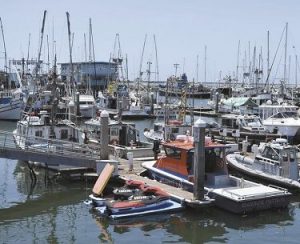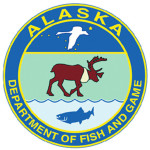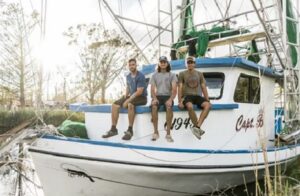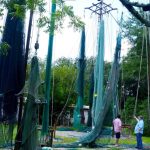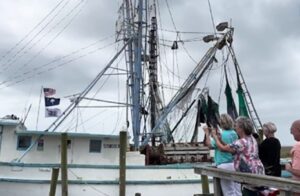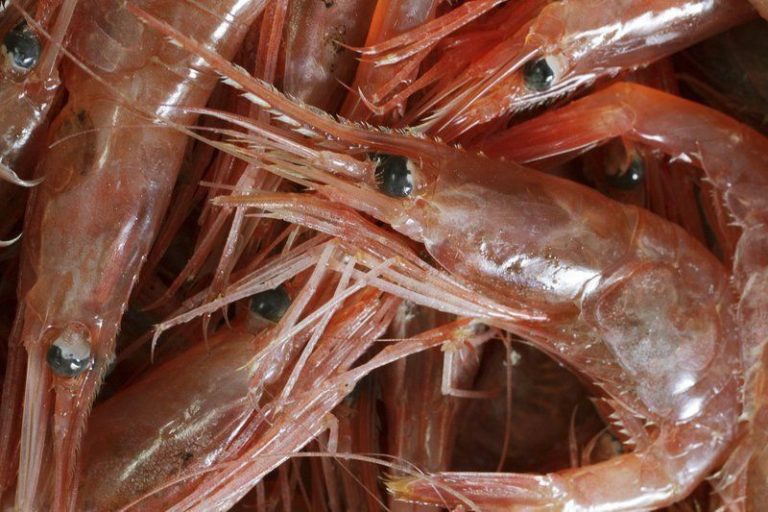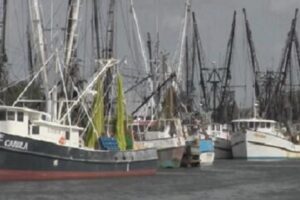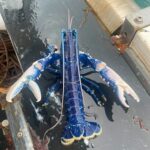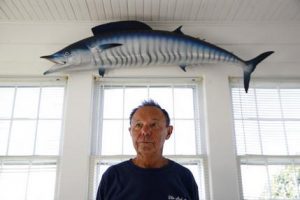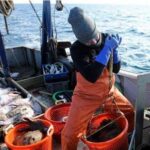Daily Archives: June 16, 2018
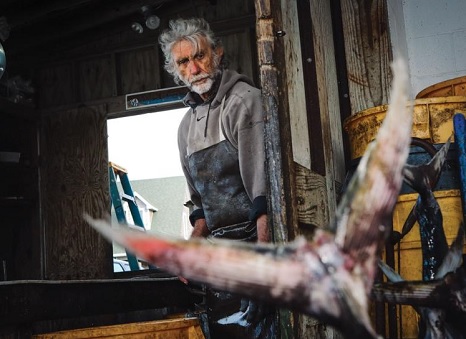
To Jim Lyons fish smell like money
His brown rubber apron is covered with a healthy coat of slime, scales and blood. His gloves too. The whole place stinks of dead fish. But any notion of that being a bad thing is lost on Jim Lyons. “Fish smell like money,” he says, laughing. Lyons cleans fish at Hatteras Harbor Marina. Any self-respecting fishing community has someone like him. Fish cleaners typically work afternoons, when the fleet arrives with the day’s catch.,, While some things change, others remain constant. “Sharp knives are a must,” he says. >click to read<19:23

New DFO orders ‘hard pill to swallow’ for N.B. lobster fishermen
Lobster fishermen off the coast of Miscou Island, N.B., will spend Sunday morning hauling gear from the waters in order to comply with the latest fishing zone closures imposed by the Department of Fisheries and Oceans. On Friday afternoon, the DFO re-opened four areas previously closed to fishing due to the presence of right whales. But with more closures being imposed on Sunday, frustrations continue to mount. Carl Allen, president of the Maritime Fishermen’s Union, organized the most recent protest and met with LeBlanc on Friday.,,”I have a lot of respect for Minister LeBlanc, but we just don’t agree with the basis of the whole plan — it’s a hard pill to swallow,” he said.,, LeBlanc did offer the fishermen an alternative, however. He offered a paid training program for crew members and plant workers affected by these closures. >click to read<18:20
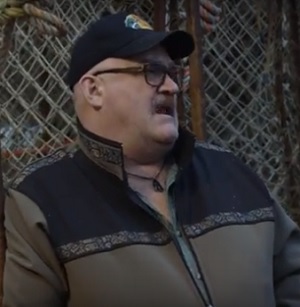
Deadliest Catch’ – Keith Colburn Sitting This Season out Because His Back “Is All F–ked Up”
It’s not his dangerous job that has taken Captain Keith Colburn out of commission — it’s a nasty infection. So what happened to Keith on Deadliest Catch, exactly? As Keith revealed in the June 5 episode of the reality show’s 14th season, he has osteomyelitis — a severe bacterial infection — in his spine. “My back is all f–ked up,” he told his crew. He also said his vertebrae look like they’ve been doused in battery acid. According to the Mayo Clinic, infections can reach the bone through the bloodstream or from nearby tissue. Osteomyelitis was once considered incurable, but these days it can be successfully treated with surgery and intravenous antibiotics. >click to read<17:11
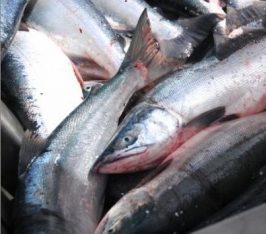
Unexpected bounty
Good news at last for salmon-loving Alaskans who’ve watched sockeye returns to the fabled Copper River spurt and falter this year. No, the Copper hasn’t witnessed the miraculous return of tens of thousands of overdue fish, but there are now indications that the disastrously weak run there might be limited to the wild, 26,000-square mile watershed near the Canadian border. An unexpected bounty of sockeye has shown up at Bear Lake on the Kenai Peninsula and the early return of sockeye to the Kenai’s Russian River looks to be tracking the 2017 return, albeit it a week late.,,, Commercial fishermen had harvested 125,000 Bear Lake sockeye through Thursday – about seven times as many as through the same date last year, according to Fish and Game. >click to read<12:34
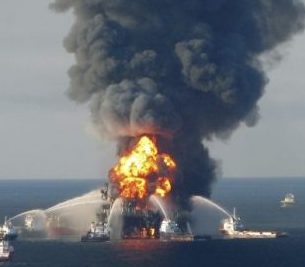
Looking for contacts in America of fishermen or fisherwomen who were affected by the Gulf of Mexico spill and it’s aftermath
G’day to my American Brothers from the land Down Under. I’m currently looking for contacts in America of fishermen or fisherwomen who were affected by the Gulf of Mexico spill and it’s aftermath. What I’m looking for is people willing to provide first hand accounts about the impact the spill had on your businesses, your fishery, The environment, Local communities and Local Economies. The reason I ask is because I am planning to lodge a stakeholder submission to our local Council here in Port Lincoln, South Australia. Norwegian based Statoil/Equinor are pressing ahead to deep water drill for oil in the Great Australian Bight,,, Fisherman Scott Jansons >click to read<11:14
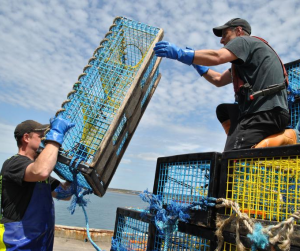
Lobster harvesters unfairly blamed of harm to North Atlantic right whales
Much has been written about the ongoing challenge of protecting the North Atlantic right whale along the eastern seaboard of the U.S. and in the Gulf of St. Lawrence. The impact the 18 reported deaths in 2017 has had on the entire right whale population cannot be understated. The issue in many cases has been a lack of substantiated facts with regard to specific fisheries and the ongoing commitment by key fisheries to protect the right whale. The Canadian lobster fishery is one of those key fisheries that has, until now, remained silent about our role and our ongoing commitment to North Atlantic right whale protection. Our harvesters and processors do what’s needed to ensure a sustainable fishery without fanfare. >click to read<08:28






